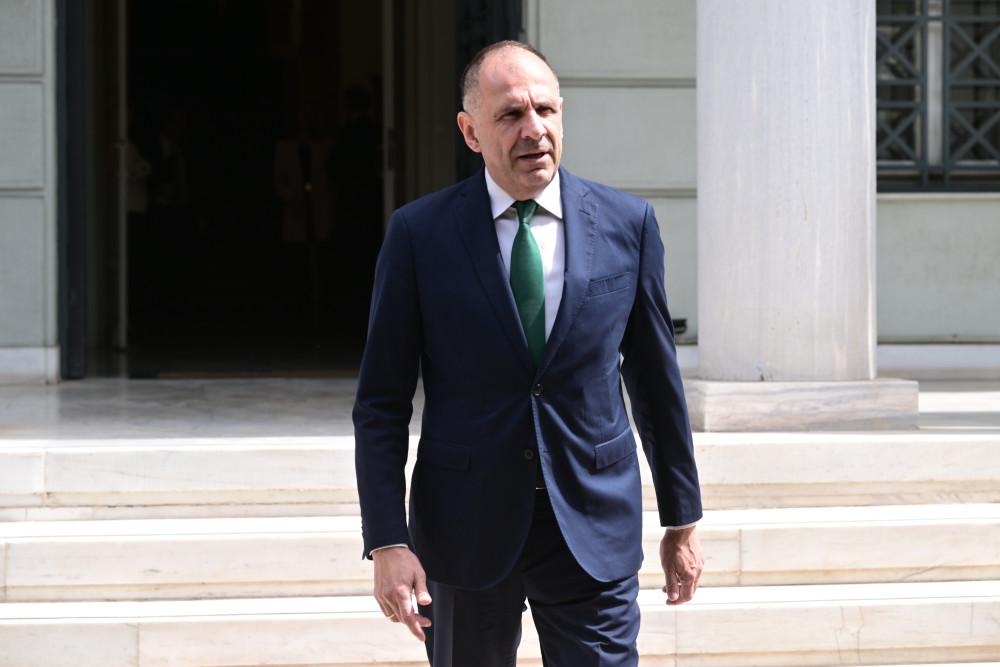At a time when energy security and regional stability dominate the European and international agenda, Greek Foreign Minister Giorgos Gerapetritis sent a clear message to Cyprus regarding the Greece–Cyprus Interconnection (GSI) — the ambitious electricity project linking the two countries and forming a strategic part of the Eastern Mediterranean’s energy infrastructure.
Speaking on the “Athina 9.84” radio station, Gerapetritis emphasized that Greece fully supports the project’s implementation but urged Nicosia to clarify its position concerning its techno-economic feasibility.
“This is something that must be clarified. National benefits are, of course, highly significant, but techno-economic viability is a necessary condition — also in terms of securing European funding,” the Greek Foreign Minister stated.
The Strategic Dimension of the GSI Project
The GSI is not merely a technical project; it represents a geopolitical bridge uniting Greece, Cyprus, and Israel through a high-voltage underwater cable. The interconnection aims to strengthen the region’s energy independence and integrate it further into the European power grid.
For Athens, the project serves as a strategic pillar in its effort to become a regional energy hub, reinforcing Europe’s diversification of energy routes and reducing dependence on fossil fuels and external suppliers.
However, Cyprus has reportedly expressed reservations over the project’s financial and technical feasibility, requesting further assessments. Gerapetritis’ remarks thus signal a diplomatic nudge toward greater alignment between Athens and Nicosia — especially at a time when geopolitical shifts and energy transitions make coordinated action crucial.
Athens as a Pillar of Stability
Turning to the broader regional context, Gerapetritis also commented on the recent developments in the Middle East, describing the Egypt Summit as “historic” and praising the release of hostages held for two years as “a victory for reason and justice.”
He underlined that peace must now be maintained and that the process should move toward the gradual withdrawal of forces and the establishment of a new administration within the Palestinian Authority, ultimately leading to the creation of a viable Palestinian state coexisting peacefully with Israel.
“Greece strives to maintain a strong diplomatic and international footprint — a pillar of stability and a strategic partner to all global actors,” Gerapetritis stressed, adding that “Greek foreign policy has ensured the country faces no open fronts.”
Energy and Diplomacy: Two Sides of the Same Coin
Gerapetritis’ statement on the GSI reflects more than just an energy concern — it reveals Athens’ broader strategic orientation:
- Strengthening energy connectivity across the Eastern Mediterranean.
- Promoting regional stability through dialogue and multilateral engagement.
- Expanding Greece’s diplomatic reach as a reliable and stabilizing actor.
In this context, Cyprus’ stance on the project’s viability will not only determine the GSI’s future but also serve as a test of cohesion in Greek–Cypriot cooperation within a changing geopolitical environment.
Conclusion:Gerapetritis’ remarks carry a tone of pragmatism and strategic foresight. Greece is ready to move forward but calls for clarity and cooperation from all partners.
The GSI project has the potential to become a symbol of unity, progress, and regional resilience — provided that all stakeholders act with vision, transparency, and shared purpose.
Source: pagenews.gr
